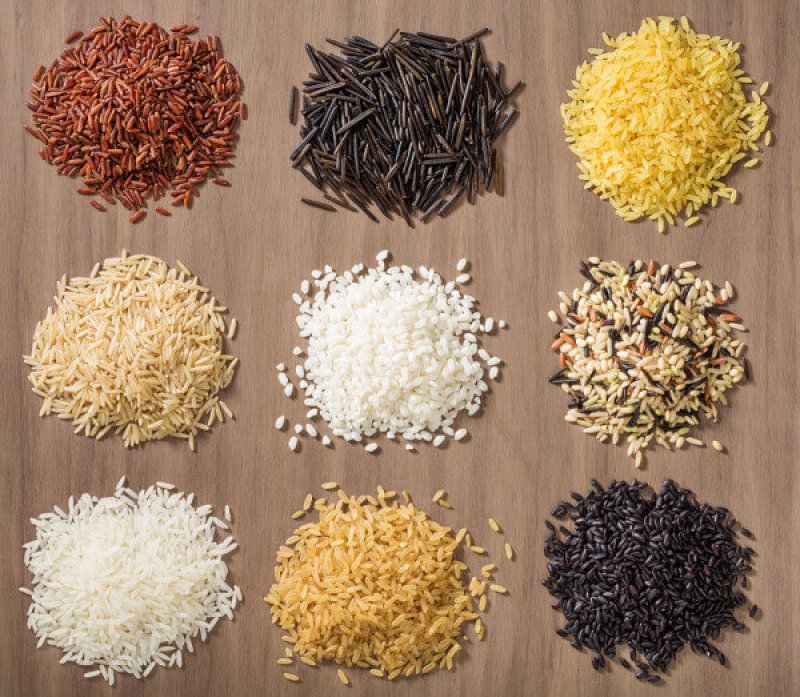A new study published in the Nature journal opens the possibility to accelerate rice breeding to achieve food security for some of the world’s most vulnerable rice farmers.
The groundbreaking research on Genomic variation in 3,010 diverse accessions of Asian cultivated rice maps the largest set of genomic variants for a crop species.
…
[T]he research will enable scientists to discover new gene variants and characterize known genes for important traits, such as the natural ability of a particular variety to resist diseases and withstand floods, drought, and salty water. Additionally, molecular breeders could use the genetic markers to select rice plants that are more likely to carry a desired trait before they are planted in the field.…
This recent research revealed that, among the 3,000 rice genomes, there are significant variations in gene content and immense sequence variation. Researchers identified more than 10,000 new rice genes and over 29 million simple variations throughout the genome. Additionally, within the two major rice variety groups, the analysis revealed the existence of previously unreported populations that are unique to specific geographic origins. Other evidence revealed that Asian rice was domesticated multiple times thousands of years ago.
Read full, original post: Unlocking rice gene diversity for food security































